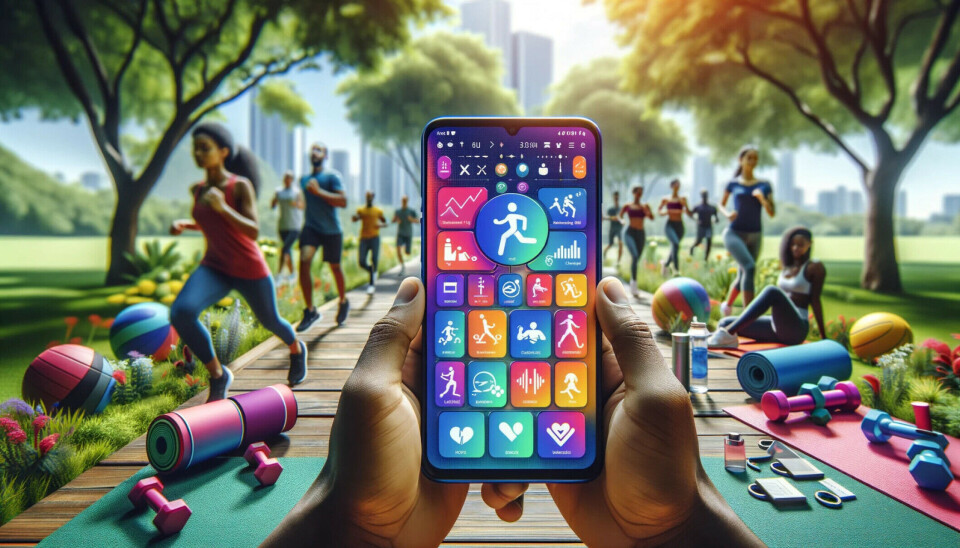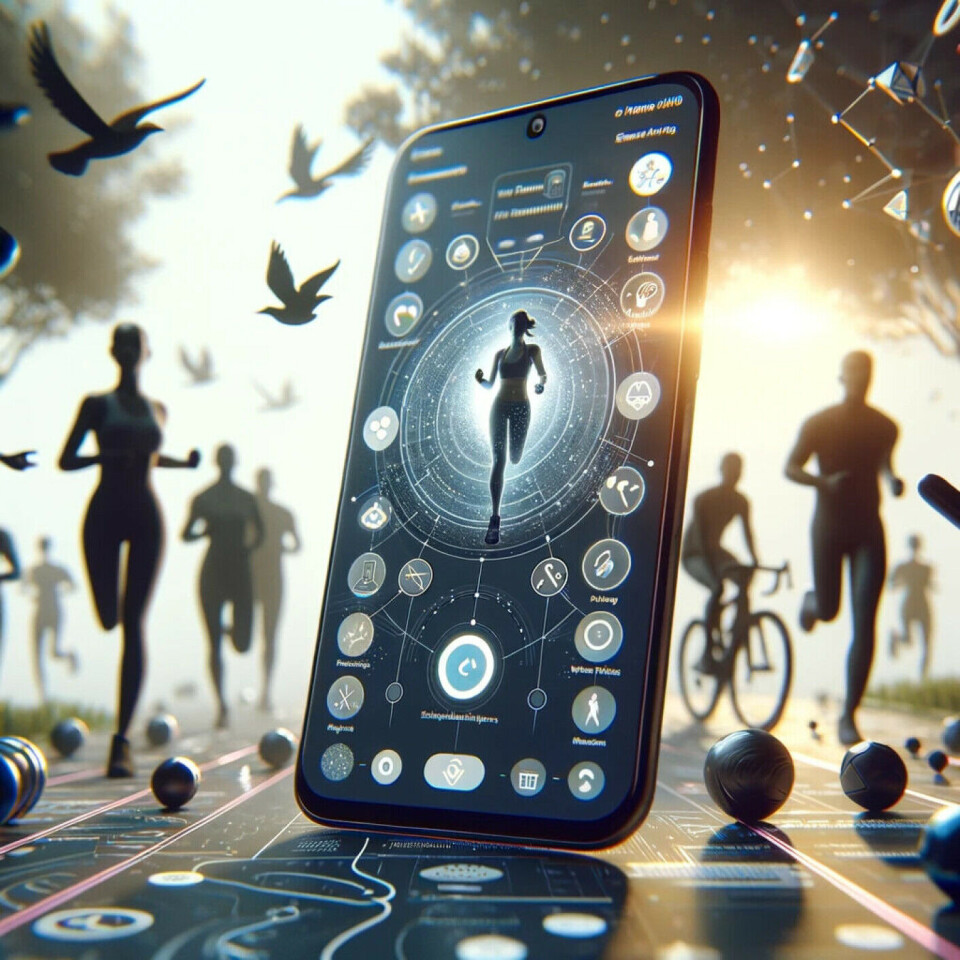THIS CONTENT IS BROUGHT TO YOU BY the Norwegian centre for E-health research - read more

A digital chatbot can help you stay fit
A tailored chatbot can become the ultimate supporter for adults fighting obesity by offering personalised motivation and integration with modern technology.
This is the story of how the future of healthcare is not just about physical activity, but also about the power of technology to transform lives.
A bespoke chatbot could be the key many have been waiting for to take control of their own health and well-being.
Motivation in your pocket
The notion of a digital coach who is always there to motivate and celebrate your progress is no longer just science fiction.

Through an extensive interview study of patients at Evjeklinikken, it has emerged that what adults struggling with obesity really want is a chatbot that understands the need for personal support and encouragement.
Imagine a friend who helps you set realistic goals, reminds you to move, and celebrates every small victory with you.
“The study shows that participants appreciate chatbots that can offer social support, goal setting, and follow-up of physical activity,” says Dillys Larbi.
She is a researcher at the Norwegian Center for E-health Research. The study is part of her work on a PhD at UiT The Arctic University of Norway and the Norwegian Centre for E-health Research.
Tailor your success
The study reveals an important desire: A chatbot that motivates, offers social support, sets goals, and displayed physical activity illustrations. Patients also want it to monitor behaviour and provide feedback and reminders.
The secret to the ideal chatbot lies in its ability to adapt. Participants in the study dream of a digital assistant that allows them to customise everything from language to message frequency so they get exactly the support they need.
“It's all about personalising the technology, giving each user the opportunity to shape their own path to success,” says Larbi.
Technology meets tradition
The participants in the study want a chatbot that works alongside their existing health devices.
They have a clear need for technological connectivity, especially features that allow synchronisation with smartwatches and various health and fitness apps. They also want integration with social media platforms.
This desire for seamless integration underscores a deep need for simplicity and efficiency on the path to a healthier life. It points to a future where digital health intervention is not only personalised and motivational but also deeply integrated into the user's technological ecosystem.

Safety first
In this digital revolution, privacy and data security are crucial. The study reveals a spectrum of opinions on sharing personal information. It emphasises the need for a balanced approach.
The development of the 'perfect' chatbot must take these concerns into account. It must ensure that users' data is handled with the utmost respect and care.
Your personal trainer - FysBot
But can a chatbot help you lose weight? Researchers say yes.
FysBot is designed to be a virtual friend or personal trainer. It will encourage you to exercise and make healthy choices.
It is a chatbot that sends reminders and messages to you - just like a real person. FysBot uses established psychological techniques to help you.
The healthcare assistant of the future
The conclusion is clear: By combining the requirements of motivation, customisation, integration, and security, the development of a specialised chatbot can truly play a critical role in promoting physical activity among individuals living with overweight and fighting obesity.

In collaboration with users, researchers believe it is possible to develop effective and secure technological solutions that are also motivating for users.
“Advances in language technology have made it easier to implement sophisticated chatbots that can use external data sources to provide the most benefit to the user,” says Sondre Elvebakken Løvås.
He is a master's student at UiT, who has contributed to the study.
“This is not just a chatbot. It lays the foundation for an exciting step forward at the intersection of technology and health, where each of us can find the strength to achieve our goals, supported by technology that understands and adapts to our unique needs,” concludes Larbi.
Reference:
Larbi et al. What do adults living with obesity want from a chatbot for physical activity? – a qualitative study, BMC Digit Health, 2024. DOI: 10.1186/s44247-024-00070-3
———
Read the Norwegian version of this article on forskning.no

This content is paid for and presented by the Norwegian centre for E-health research
This content is created by the Norwegian centre for E-health research's communication staff, who use this platform to communicate science and share results from research with the public. The Norwegian centre for E-health researchis one of more than 80 owners of ScienceNorway.no. Read more here.
More content from the Norwegian centre for E-health research:
-
When your doctor is online: People expect a reply within 24 hours
-
Technology in the health and care sector: "This is not just about new gadgets"
-
Five Nordic and Baltic countries take a major step toward the future of health research
-
Researchers' advice for better healthcare services: Listen to the patient!
-
Half of those who received mental health care found errors in their medical records
-
AI can understand your medical records: A new language model could revolutionise healthcare





































